Ukraine: The Case for Armistice
A veteran of Obama's State Department argues for urgency in ending the war.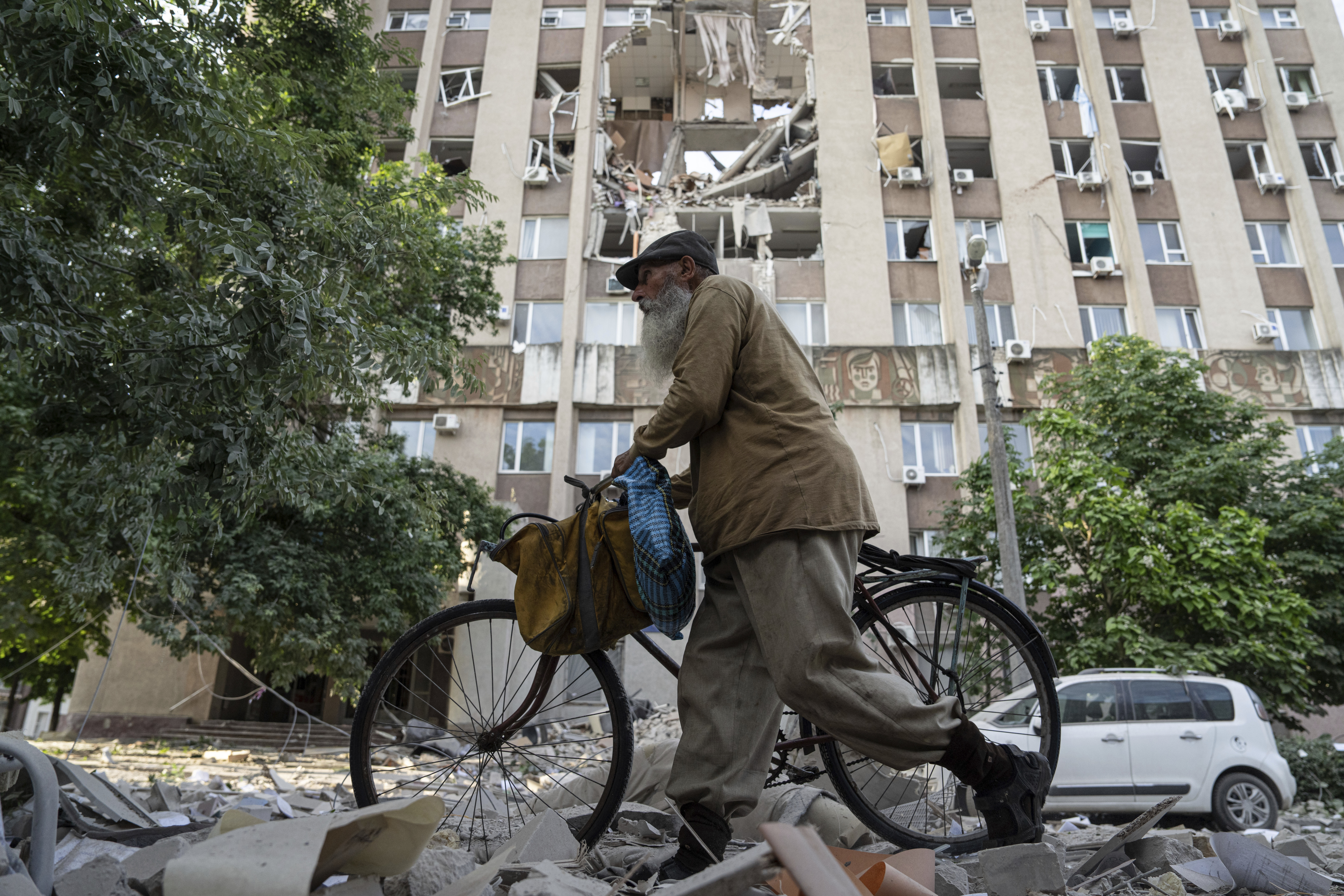 A residential house in Chernihiv Oblast, Ukraine that was destroyed by Russian aerial bomb in March of 2022. (Photo: Unsplash/cc)
A residential house in Chernihiv Oblast, Ukraine that was destroyed by Russian aerial bomb in March of 2022. (Photo: Unsplash/cc)
In the early weeks and months of the Ukraine war, it was common for U.S. media outlets to assert that negotiations and compromise were vital elements to achieving peace. This view extended to Kiev, where a month after Russia invaded, Ukrainian president Volodymyr Zelensky spoke to journalists about the details of a ceasefire agreement that left his country outside of NATO. “Security guarantees and neutrality, non-nuclear status of our state,” Zelensky said in late March of 2022. “We are ready to go for it.”
The U.S. media continued to make sensible observations about diplomacy and the war into the spring. It still did not appear particularly brave when The New York Times editorial board, on May 19, 2022, observed, “A decisive military victory for Ukraine over Russia, in which Ukraine regains all the territory Russia has seized since 2014, is not a realistic goal,” and that, “Confronting this reality may be painful, but it is not appeasement.”
However, nuanced coverage of the war became increasingly scarce as the media coalesced around the conventional wisdom that Russia can and must be “defeated” decisively and at all costs. The Times’ willingness to entertain painful realities gave way to a herd shift toward the hawkish maximalism of The Washington Post’s editors, one of whom traveled to Brussels last month to ask NATO Secretary General Jens Stoltenberg, “What does a plausible way forward to Ukraine’s eventual membership in NATO look like?”
If the past year saw a narrowing of critical opinion, there are signs of an hourglass-style widening taking place as the war grinds into its second year. One upstream blip is a bracing Foreign Affairs essay published last week by Samuel Charap, a veteran of Barack Obama’s Policy Planning Staff, now ensconced at the RAND Corporation. The article, “An Unwinnable War: Washington Needs an Endgame in Ukraine,” begins by recognizing the hard truth that after fifteen months of fighting,
neither side has the capacity — even with external help — to achieve a decisive military victory over the other. Regardless of how much territory Ukrainian forces can liberate, Russia will maintain the capability to pose a permanent threat to Ukraine. The Ukrainian military will also have the capacity to hold at risk any areas of the country occupied by Russian forces — and to impose costs on military and civilian targets within Russia itself.
According to Charap, acknowledging this effective stalemate inevitably leads to a second truth: that delaying diplomatic efforts to end the fighting merely increases death and suffering, adds to the cost of rebuilding, and compounds the difficulty of achieving a durable ceasefire. Furthermore, the window for avoiding a protracted war may be closing. Charap cites a recent study of modern conflicts that shows “when interstate wars last longer than a year, they extend to over a decade on average.” Extending the war with the purpose of weakening Russia, he warns,
could lead to a devastating, years-long conflict that does not produce a definitive outcome. The United States and its allies thus face a choice about their future strategy. They could begin to try to steer the war toward a negotiated end in the coming months. Or they could do so years from now. If they decide to wait, the fundamentals of the conflict will likely be the same, but the costs of the war — human, financial, and otherwise — will have multiplied.
A protracted conflict would keep the risk of possible escalation — either to Russian nuclear use or to a Russian-NATO war — at its current elevated level. Ukraine would be on near-total economic and military life support from the West, which will eventually cause budgetary challenges for Western countries and readiness problems for their militaries. The global economic fallout of the war, including the volatility in grain and energy prices, would persist. The United States would be unable to focus its resources on other priorities, and Russian dependence on China would deepen.
Because a settlement that repairs the war’s underlying political fissures is unlikely, Charap advocates a negotiated armistice similar to the agreement that ended the Korean War. “Although North and South Korea are still technically at war, and both claim the entirety of the peninsula as their sovereign territory, the armistice has largely held,” he writes. “Such an unsatisfactory outcome is the most likely way this war will end.”
While in the Obama administration, Charap was a prophetic voice who argued in favor of thinking creatively about European security and avoiding the dangers of zero-sum thinking and sphere-of-influence strategizing. In 2016, he co-authored a book, “Everyone Loses: The Ukraine Crisis and the Ruinous Contest for Post-Soviet Eurasia,” that explored how the mounting crisis in Ukraine was a predictable result of policies pursued — and alternatives rejected — dating to the first post-Cold War decade.
In his Foreign Affairs essay, Charap makes only a brief allusion to these roads not taken, writing, “The West should also be open to a dialogue on broader European security issues so as to minimize the chance of a similar crisis with Russia breaking out in the future.”
But before this “broader” dialogue can begin, the war must be ended through diplomacy and as quickly as possible. Accomplishing this, writes Charap, requires challenging commentators who “continue to insist that this war must be decided only on the battlefield.”
Read Charap’s full essay here.
Your support matters…Independent journalism is under threat and overshadowed by heavily funded mainstream media.
You can help level the playing field. Become a member.
Your tax-deductible contribution keeps us digging beneath the headlines to give you thought-provoking, investigative reporting and analysis that unearths what's really happening- without compromise.
Give today to support our courageous, independent journalists.
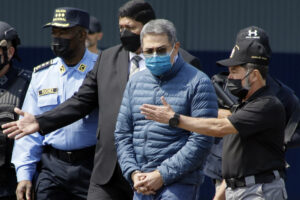
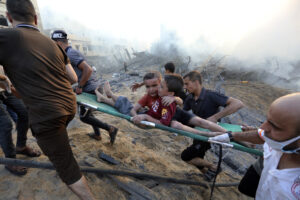
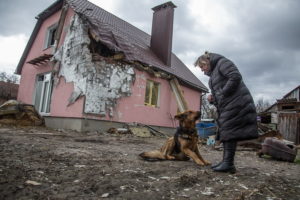

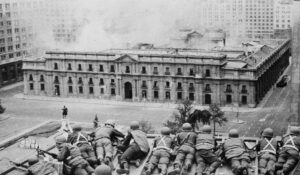
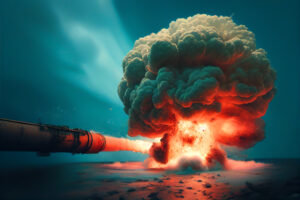
NATO attacked YUGOSLAVIA and thoroughly destroyed it. It doesn't exist any more. Now they are also destroying UKRAINE which will cease to exist at the end of this war. Zelensky will become another Saddam Hussein or Manuel Noriega as puppets for the US, either in a US prison or dead.